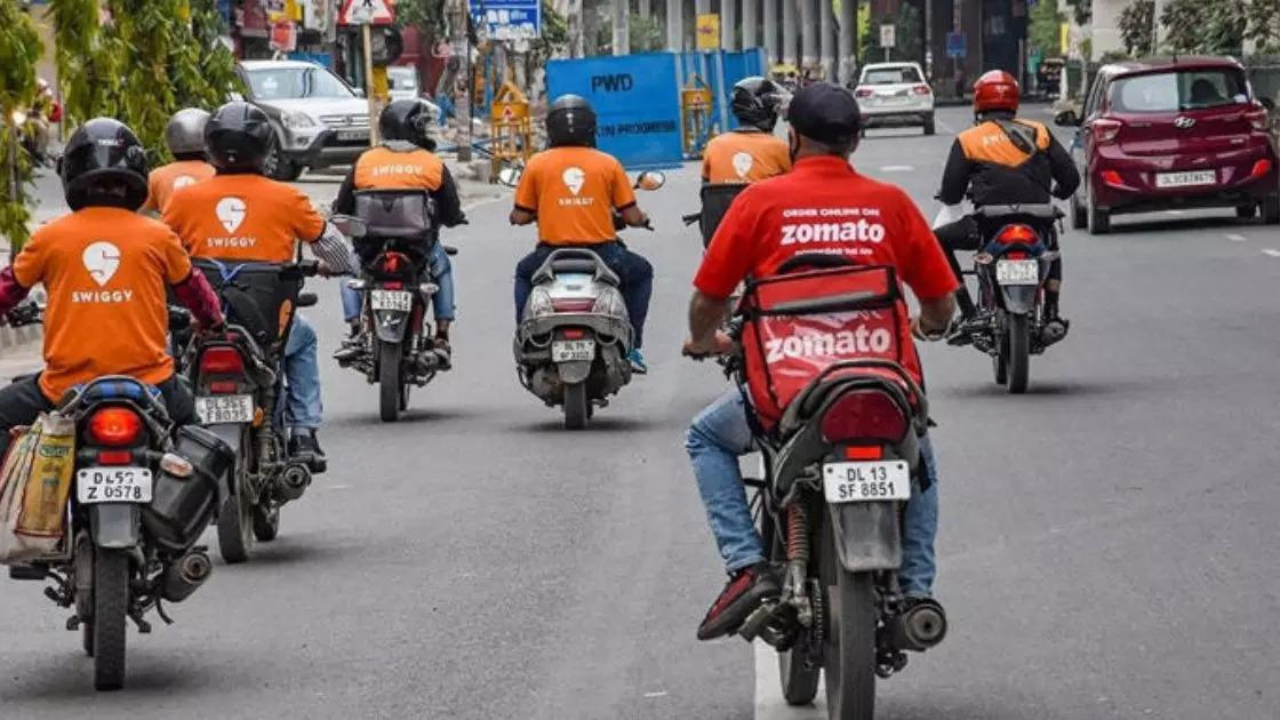Gig Workers in India: A New Era of Social Security?
Get ready to witness a groundbreaking change in the Indian workforce landscape! The government is gearing up to launch a revolutionary social security scheme specifically designed for gig workers. This isn't just another policy; it's a game-changer that could redefine the future of work in India. Imagine a safety net for millions of gig workers, ensuring their financial well-being and peace of mind. This article delves into the details of this upcoming scheme, exploring its potential impact and the challenges it might face along the way.
What's in Store for Gig Workers?
The Indian government is actively working on a plan that involves a compulsory contribution from both gig workers and the platforms they work with. The mechanism will likely involve platforms deducting a certain percentage of the worker's earnings and depositing it into the Employees' Pension Scheme. What's even better? The government is exploring the possibility of contributing an additional 3-4% to further bolster this social security fund, creating a more substantial nest egg for retirement.
This initiative isn't just limited to food delivery riders and cab drivers. The plan aims to encompass a vast range of gig workers, including software professionals, freelance consultants, and numerous other individuals who operate in the ever-expanding gig economy. This means broader coverage, reaching a much wider spectrum of the workforce and finally providing financial protection and stability to those who haven't previously had it.
Addressing the Multi-Platform Challenge
One of the clever aspects of this approach lies in its simplicity. Given the reality that many gig workers often work on multiple platforms concurrently, this approach facilitates contributions via a centralized method. Instead of workers managing numerous separate accounts and contributions, the entities making payments will deduct contributions directly, ensuring a straightforward and user-friendly approach for the worker. This eliminates the hassle of managing payments for multiple jobs from many places and contributes greatly to effective collection, enhancing convenience for both platforms and workers.
Challenges and Hurdles Ahead
The implementation process is expected to present various complexities. One of the major challenges centers around ensuring a nationwide implementation across all states, as some haven't completely integrated the relevant labor codes. The labor ministry and central government are collaborating closely with the state governments, as getting these states onboard is a fundamental step toward ensuring this scheme’s seamless national rollout. They aim for smoother compliance and uniformity throughout the country for proper enforcement.
Unpacking the Social Security Code
The initiative directly draws its foundation from India's Social Security Code. Enacted a few years back, this code establishes provisions for building a comprehensive social security fund. This fund goes beyond pension, also supporting provisions for health and accident insurance—all essential elements that promote the safety net for gig workers. The central objective is ensuring workers have resources for unexpected events, and creating a support system once workers reach retirement age, providing stability for gig workers often ineligible for benefits through traditional employment routes.
Key Players and Next Steps
The labor ministry has constituted a high-level committee that is meticulous in strategizing the effective execution of this scheme. The ministry's collaboration with leading tech platforms indicates that comprehensive benefits will soon be accessible, streamlining inclusion and providing security.
The government has demonstrated its commitment to expanding coverage to previously underserved groups, with ongoing discussions to improve existing initiatives, and ensure better access for gig workers already participating in schemes such as Ayushman Bharat.
Several states have introduced initiatives to enhance gig worker protection. This signifies a growing awareness of the need for enhanced safety nets, signaling that the government's agenda to bring these workers into the social security system is a major national goal.
Looking Forward
This new initiative holds profound implications, not only for India's gig workers but also for the evolution of social welfare strategies globally. With a focus on financial inclusion and stability, the proactive move from the central government points toward a progressive and modern approach to addressing future labor dynamics in India, supporting workers not traditionally covered and reducing the gig economy worker's economic vulnerability.
Take Away Points
- The Indian government is poised to launch a groundbreaking social security scheme for gig workers, covering a wide range of professions beyond the traditional gig economy.
- This initiative will entail a contribution scheme that involves payments from the platforms and potential additional contributions from the government.
- Challenges lie ahead, particularly regarding uniform state-level implementation and navigating the complexities of multi-platform employment.
- The Social Security Code lays the groundwork for this far-reaching effort, extending beyond retirement savings to incorporate crucial health and accident insurance benefits.
- The proactive approach reflects a comprehensive national effort that includes collaborative talks with gig platforms and the exploration of ways to combine social safety nets more effectively. This focus reflects both awareness of workers' needs and a shift toward inclusive social security coverage in the face of changing work patterns.









